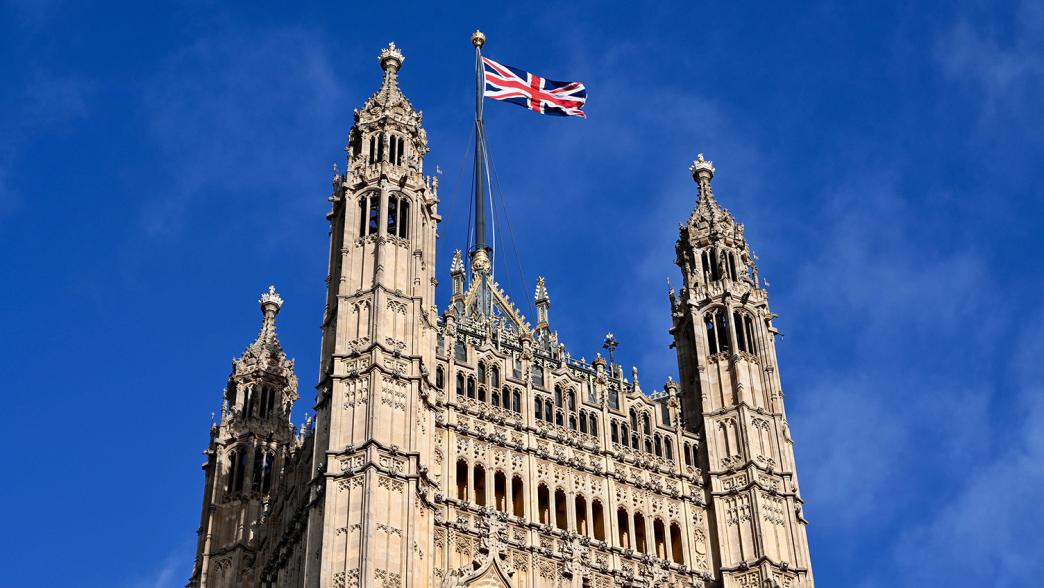It is inappropriate for the government to interfere in parliamentary scrutiny
Parliamentary scrutiny will lose credibility if the government continues to interfere in the membership of parliamentary committees.

The row over the Intelligence and Security Committee has seen Julian Lewis lose the Conservative whip for defying the government. Dr Hannah White warns that parliamentary scrutiny will lose credibility if the government continues to interfere in the membership of parliamentary committees